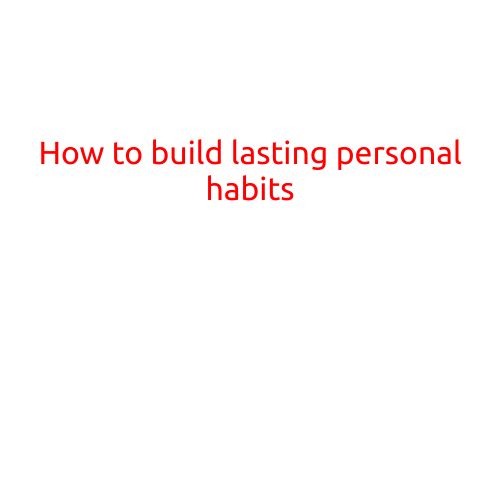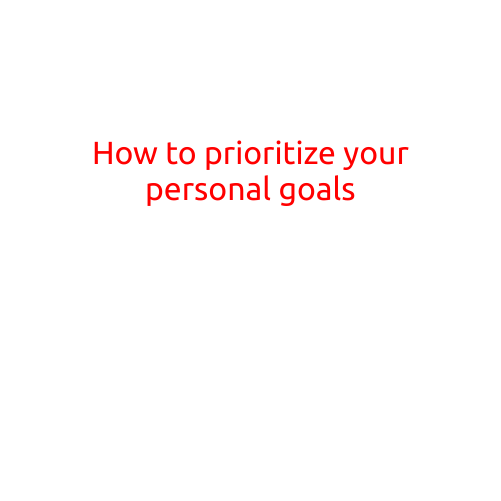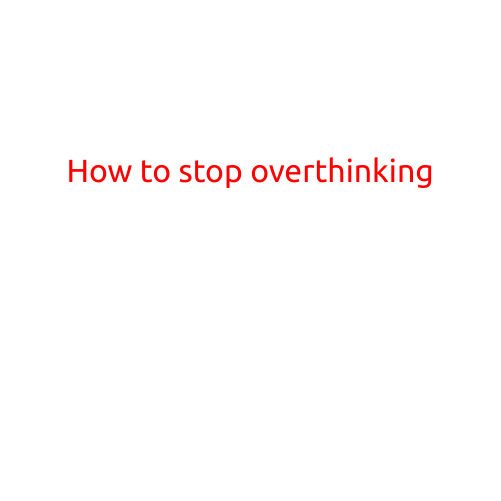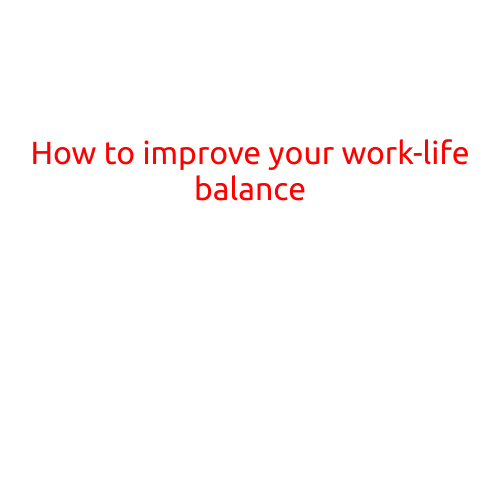
How to Stay Emotionally Balanced
In today’s fast-paced and often stressful world, maintaining emotional balance can be a daily challenge. With the constant demands of work, relationships, and personal responsibilities, it’s easy to feel overwhelmed and struggling to cope with our emotions. However, emotional balance is essential for our overall well-being, relationships, and even our physical health. In this article, we’ll explore practical tips and strategies to help you achieve and maintain emotional balance.
Acknowledge and Accept Your Emotions
The first step to staying emotionally balanced is to acknowledge and accept your emotions. This means recognizing and accepting how you feel, without judgment or resistance. Suppressing or denying your emotions can lead to bottled-up feelings and increased stress. Instead, allow yourself to feel your emotions, and acknowledge them as valid and normal.
Practice Mindfulness
Mindfulness is the practice of being present and fully engaged in the current moment, without judgment or distraction. Regular mindfulness practice can help you develop greater emotional awareness, reduce stress, and improve your emotional balance. Try incorporating mindfulness exercises, such as meditation, deep breathing, or yoga, into your daily routine.
Take Care of Your Physical Health
Your physical health has a significant impact on your emotional well-being. Engage in regular physical activity, eat a balanced diet, and get enough sleep. Exercise, in particular, can help reduce stress and anxiety by releasing endorphins, also known as “feel-good” hormones.
Develop Healthy Coping Mechanisms
Developing healthy coping mechanisms is essential for managing stress and emotions. Try journaling, talking to a trusted friend or therapist, or engaging in hobbies and activities that bring you joy and relaxation. Avoid using substance abuse, denial, or avoidance as coping mechanisms, as these can have negative consequences.
Set Boundaries
Setting healthy boundaries is crucial for maintaining emotional balance. Learn to say “no” to requests that drain your energy and stress you out. Prioritize your own needs and set realistic expectations with others.
Practice Self-Compassion
Treat yourself with kindness, understanding, and compassion. Be gentle with yourself, and avoid self-criticism. Remember that everyone makes mistakes, and it’s okay not to be perfect.
Stay Connected with Others
Social connections are vital for emotional balance. Nurture your relationships with loved ones, friends, and community. Attend social events, join clubs or groups, or participate in volunteer work to expand your social circle.
Take Time to Relax and Unwind
Make time for relaxation and unwinding. Engage in activities that bring you joy and help you disconnect from stress and anxiety. Try reading, listening to music, or taking a relaxing bath.
Seek Professional Help
If you’re struggling to manage your emotions and feel overwhelmed, seek professional help. A therapist or counselor can provide you with personalized guidance, support, and strategies to achieve emotional balance.
Conclusion
Staying emotionally balanced is a journey that requires effort, patience, and self-awareness. By acknowledging and accepting your emotions, practicing mindfulness, taking care of your physical health, developing healthy coping mechanisms, setting boundaries, practicing self-compassion, staying connected with others, taking time to relax and unwind, and seeking professional help when needed, you’ll be better equipped to navigate life’s challenges and maintain emotional balance. Remember, emotional balance is a process, and it’s okay to take it one step at a time.





